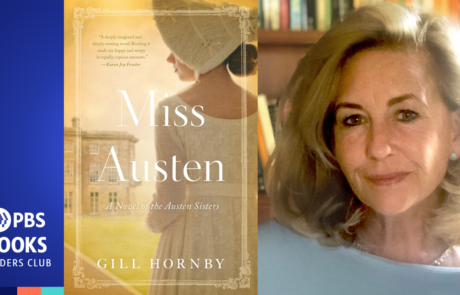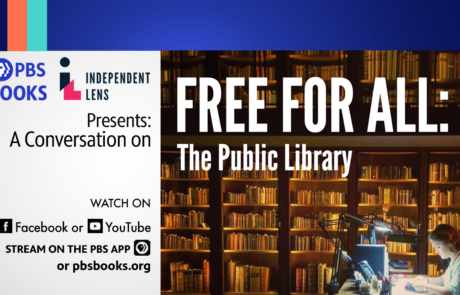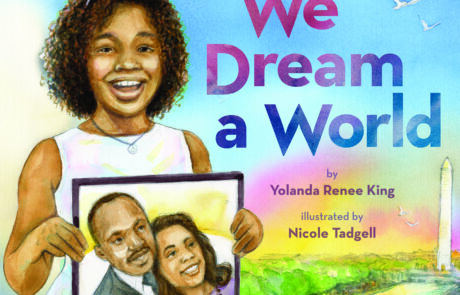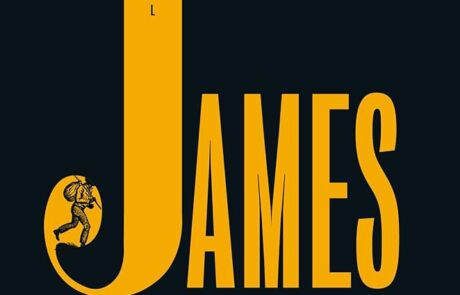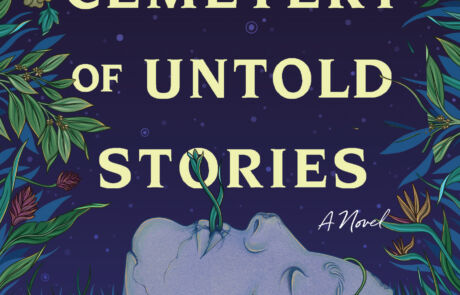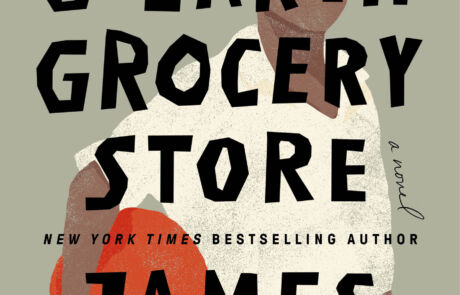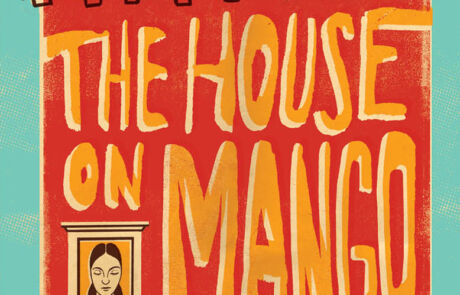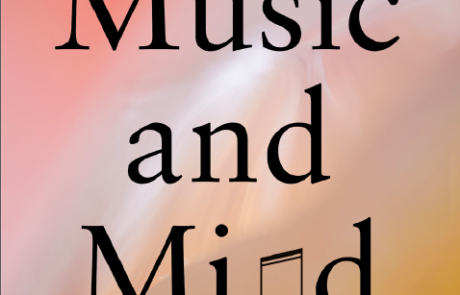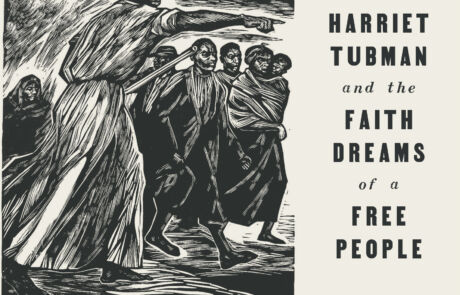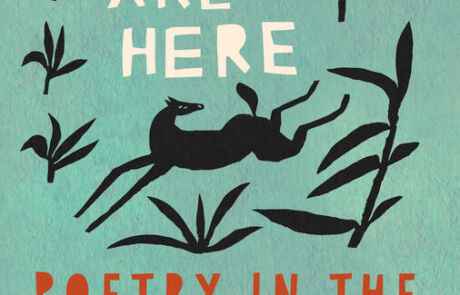Hemingway was awarded the 1954 Nobel Prize in Literature on the strength of "The Old Man and the Sea," being cited "for his mastery of the art of narrative, most recently demonstrated in 'The Old Man and the Sea,' and for the influence that he has exerted on contemporary style". Although it is believed that as many as 5000 galley proofs were issued, few copies of this fragile item have survived and complete sets are scarce on the market.
1952
1952
1952
"The Old Man and the Sea" first appeared as a 20-page read in this 1952 issue of LIFE. This issue of LIFE Magazine highlights the celebrity status that Hemingway has attained.
1952
1952
1952
This first edition book is a family heirloom of the Director of the Ionia Community Library in Michigan; it was in the collection of his grandparents, who immigrated to the US. The artist also immigrated to the US during the first part of the 20th century, Hemingway's work resonated with all Americans as his was celebrated by people for the approachability of his writing. This playful rendering pokes fun at Hemingway and the old man depicted in his novel.
1952
Hemingway lived in Paris for 6 years during his early twenties. He associated with artists including Gertrude Stein, James Joyce, Ezra Pound, F. Scott Fitzgerald, Joan Miró and Pablo Picasso.
This image was taken in the 1920s in Paris and this period inspired Hemingway’s memoir, "A Moveable Feast."
1920s
"A Moveable Feast" is a posthumous memoir, publication detailing Hemingway's time as a young expat in Paris, France.
1964
Not only was F. Scott Fitzgerald a dear friend of Hemingway while in Paris and a character in "A Moveable Feast," both Hemingway and Fitzgerald often corresponded.
The secret of hiking is in “going light” and in keeping moving. The rule for lightness applies to every thing, high top boots such as you see tenderfeet wearing are impractical as are many patented “cook-kits,” haversacks, packs and tents innumerable. I have found that thicksoled shoe pacs or moccasins are the best for all general purposes...
This high school essay acts as inspiration to all of the writers whose high school teachers awarded them a “B” for our efforts.
1910
Agnes von Kurowsky was an American Red Cross nurse stationed in Milan during WW1. She was the inspiration behind “Catherine Barkley” in “A Farewell to Arms” and a character in “A Very Short Story” as well as “The Snows of Kilimanjaro.”
Interestingly in the 1950s, Agnes moved to Key West and worked in the library. Despite the fact that Hemingway lived in Key West as well, it is believed that they did not meet up during that time. (Story shared by Monroe County Historical/Monroe County Library)
1918
Ernie, dear boy,
I am writing this late at night after a long think by myself & I am afraid it is going to hurt you but I’m sure it won’t hurt you permanently.
For quite awhile before you left, I was trying to convince myself it was a real love-affair because we always seemed to disagree & the arguments always wore me out so I finally gave in to keep you from doing something desperate...
This letter is from Agnes von Kurowsky and shares her most intimate thoughts and feelings toward Ernest Hemingway.
1919
Hemingway's second work of nonfiction, "Green Hills of Africa" is an account of a month on safari he and his wife, Pauline Marie Pfeiffer, took in East Africa during December 1933.
According to Monroe County Historian Tom Hambright, this gallery copy with Hemingway’s comments, along with other work, was left by Hemingway in Sloppy Joe’s bar in Key West, which was considered Hemingway’s favorite spot. Through a twist of fate, these works are now part of the Monroe County Library’s Historic Collection.
1935
A collection of short stories and poems. It was privately published in 1923 in a run of 300 copies by Robert McAlmon's "Contact Publishing" in Paris.
1923
Special edition featuring woodcuts by Nick Baute. The story explores the destructive qualities of war which is countered by the healing and regenerative powers of nature.
2011
Ernest Hemingway sent this postcard to his father on a trip fishing in Michigan's Upper Peninsula. This trip was the inspiration for his famous story "Big Two-Hearted River."
August 27, 1919
Hemingway frequented Petoskey in the summer when he was young. The Hemingway Society of Michigan created a map that highlights the spots he frequented; this map is distributed at the Petoskey District Library in Michigan.
American adventure film directed by Martin Ritt based on Ernest Hemingway's semi-autobiographical character Nick Adams, and featuring Richard Beymer as Adams.
This small public library in Winchester, Wisconsin has some photos and memorabilia from the time when Hemingway’s "Adventures of a Young Man" was adapted into a film. A lake in the town is where the film was shot. The Scholl Lodge on Lake Adelaide was used for some of the shooting and was later recreated for interior shots in Hollywood.
1962
Portrays American and British expatriates who travel from Paris to the Festival of San Fermín in Pamplona to watch the running of the bulls.
This is significant because it is the first edition copy of the spanish translation published in Buenos Aires, Argentina.
1944
The book follows Harry Morgan, a fishing boat captain out of Key West, Florida. "To Have and Have Not" was Hemingway's second novel set in the United States.
According to Monroe County Historian Tom Hambright, this gallery copy with Hemingway’s comments, along with other work, was left by Hemingway in Sloppy Joe’s bar in Key West, which was considered Hemingway’s favorite spot. Through a twist of fate, these works are now part of the Monroe County Library’s Historic Collection.
1937
A 1944 American romance-war-adventure film directed by Howard Hawks, loosely based on Ernest Hemingway's 1937 novel of the same name. It stars Humphrey Bogart, Walter Brennan and Lauren Bacall.
This poster of "To Have or Have Not" highlights the popularity of Hemingway’s novels. It is part of the Hemingway Foundation Archives at the Oak Park Public Library, IL.
1944
Based on the 1936 short story of the same name by Ernest Hemingway. It is directed by Henry King, written by Casey Robinson, and starred Gregory Peck, Susan Hayward and Ava Gardner.
This poster of "The Snows of Kilimanjaro" highlights the popularity of Hemingway’s novels. It is currently housed at the Hemingway Foundation Archives at the Oak Park Public Library, IL.
1952
Next to the Hemingway picture is a picture of Bob Dylan. Both Hemingway and Bob Dylan borrowed the phrase “for whom the bell tolls” from John Donne’s poem “For Whom the Bell Tolls” in which a line reads “for whom the bell tolls, it tolls for thee."
The specific Bob Dylan song, album, and verse are, respectively: Moonlight, Love & Theft, “for whom does the bell toll, love? It tolls for you and me.”
Thanks to Tom Hambright at the Monroe County Public Library in Key West Florida for providing the fascinating story behind Ernest Hemingway’s wartime love affair with his nurse Agnes von Kurowsky – the person that would go on to inspire the creation of the character “Catherine Barkley” in “A Farewell to Arms.”
Thanks to Breana Sowers from the Monroe County Public Library in Key West Florida for taking the time to provide galley proof images of Hemingway’s “To Have and Have Not” and “Green Hills of Africa”.
Leigh Tarullo, Manager and Curator of Special Collections at the Oak Park Public Library in Illinois, thank you for helping PBS Books track down an essay that Hemingway wrote in high school and Agnes von Kurowsky’s Dear John letter. The movie posters are beautiful!
Thanks to Hilary K. Justice at the JFK Ernest Hemingway Collection for putting PBS Books in contact with archivists Maryrose Grossman and Stacey Chandler. The photographs and correspondence letters are amazing.
Jennifer Prat and Christine Catallo at the Pequot Library in Southport, Connecticut, your first edition galley proof of “The Old Man and the Sea” was the first piece PBS found on our journey and paved the way for a great exhibition.
Jodi Haven at the Petoskey District Library in Petoskey, Michigan, thanks for taking the time to sit down with PBS Books and help us follow Hemingway’s summertime travels om the northern end of the Lower Peninsula.
A big thanks to Blaze Burton at the Winchester Public Library in Wisconsin for providing background information regarding the film adaptation of Hemingway’s “Adventures of a Young Man.”
Professor Kirk Curnutt, thank you for taking the time to put PBS Books in contact with the fine folks at the Hemingway Foundation.
Thanks to Ashley Gilliam at Scribner Books for providing the 1952 Life Magazine article on “The Old Man and the Sea.”
Dale Parus at the Ionia Community Library in Ionia, Michigan, thanks for taking the time to share your community’s personal relationship with “The Old Man and the Sea.”
And finally, Bryan Whitledge at the Clarke Historical Library at Central Michigan University, our exhibit would not have been possible without contributions from your library like the postcard that inspired “Big Two-Hearted River” and scans of “Fiesta”, the Spanish translation of Ernest Hemingway’s “The Sun Also Rises.”
Corporate funding for HEMINGWAY was provided by Bank of America. Major funding was provided by the Annenberg Foundation, The Arthur Vining Davis Foundations, and by ‘The Better Angels Society,’ and its members John & Leslie McQuown, the Elizabeth Ruth Wallace Living Trust, John & Catherine Debs, The Fullerton Family Charitable Trust, the Kissick Family Foundation, Gail M. Elden, Gilchrist & Amy Berg, Robert & Beverly Grappone, Mauree Jane & Mark Perry; and by the Corporation for Public Broadcasting and PBS.





















